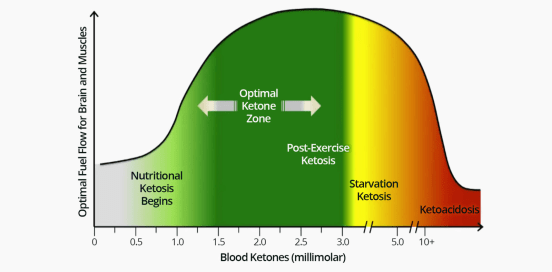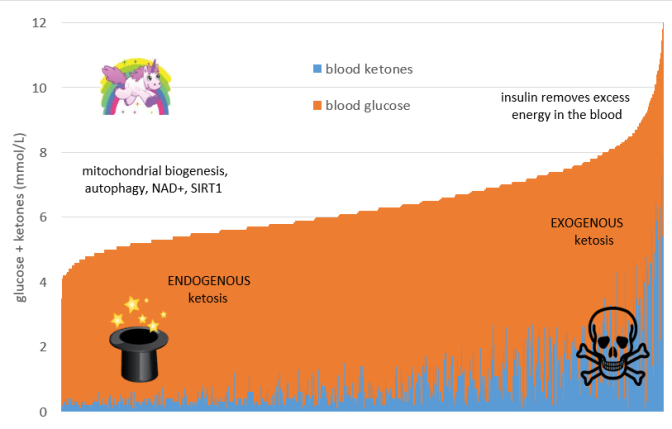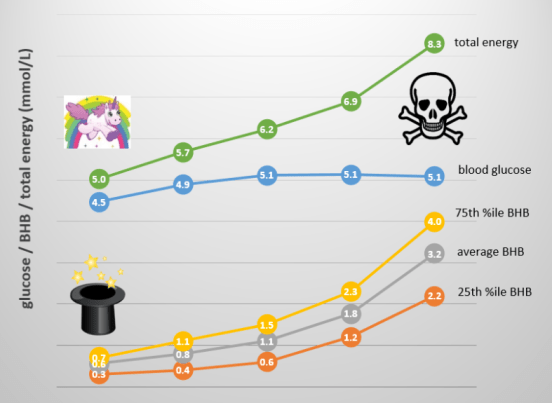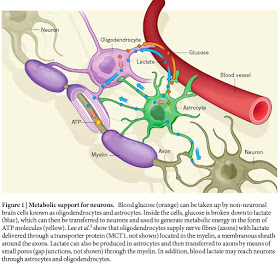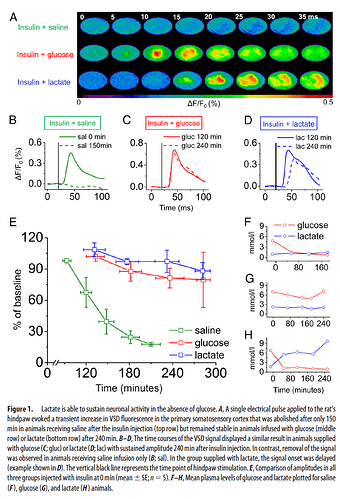Ken, kudos to you for being so attentive to the feedback your body was giving you all this time, and for your admirable recounting of it.
Maybe it’s flogging the dead equine, but I always think CICO is relevant - the problems arise when we don’t fully take into account all the ways in which calories are disposed of. I also feel there is often a temptation to discard it, and say that “CICO does not matter,” a temptation partially rooted in some people’s desire for an excuse to eat more. That may sound harsh, and I’m not trying to be critical or start trouble - just thinking in the same realms from which come our tendency to have “guru worship” or take certain things on faith and stake out a ‘religious’ position with respect to diet.
It’s really interesting to me how the 500 calorie per day deficit worked for you. You had a patient and cerebral approach to it. It’s largely the reverse of what Dr. Fung describes - that the starvation response will occur with some calorie restriction but doesn’t kick in if we go low enough, like 800 calories or less per day (same with Dr. Taylor’s Newcastle experiment - remarkable results on 800 per day), or totally fast.
Personally, a little restriction is the worst of all worlds for me, but I have not tried it all that much, and I’m pretty new to all this in the first place. Great discussion. 

